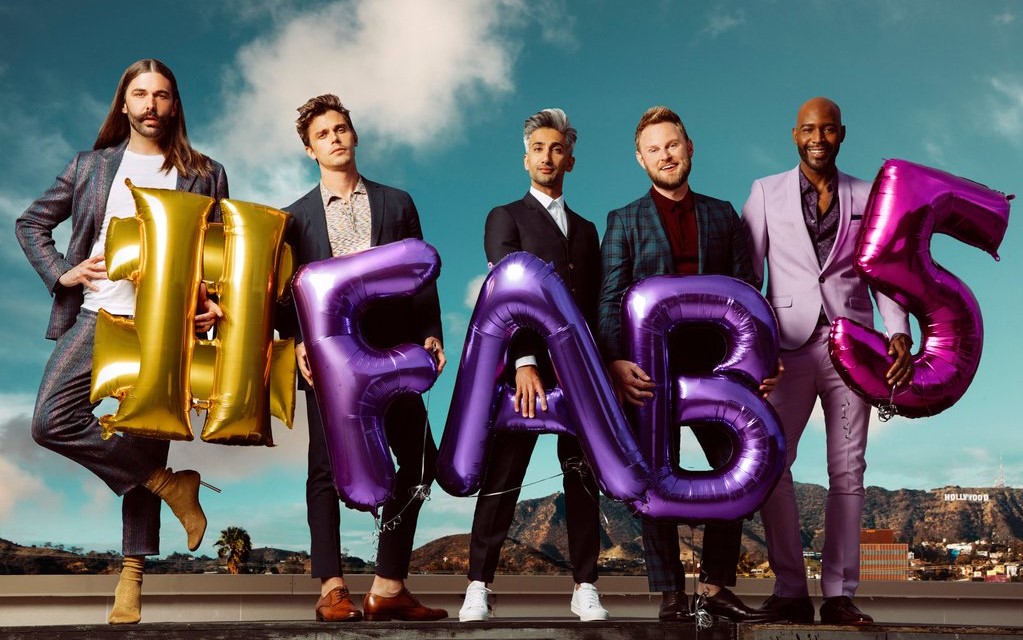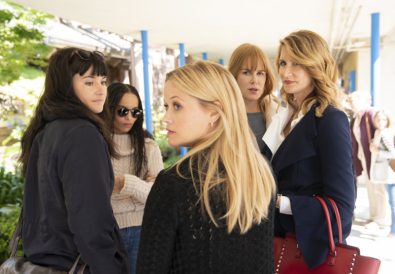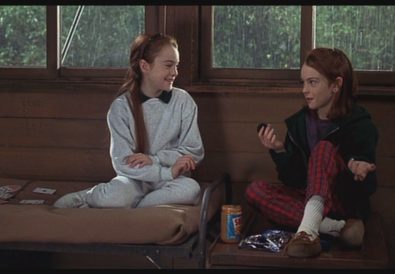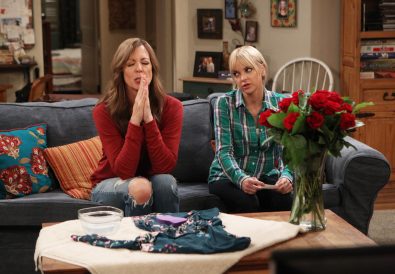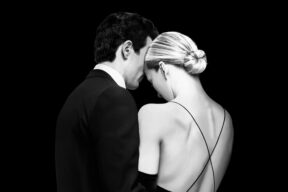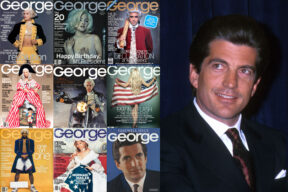This week, I began re-watching The Great British Bake-Off from the beginning. Which I know doesn’t sound groundbreaking because I’m sure so many people have. Plus, maybe I haven’t seen all the seasons — maybe I’ve never watched it chronologically and want to buckle up for nearly a decade of baked goods and politeness. Maybe this is all new for me.
It isn’t. For the millionth time, I’ve started GBBO from the very beginning and chosen to lose myself in kind people trying their best to mixed results. I know who wins every season. I know that certain pastry episodes end in tragedy. I know that at one point, Diana takes Ian’s ice cream out of the freezer (for reasons I will never understand) and, once he sees that it’s melted, he quits the challenge, dumps his baked Alaska remnants in the bin, and ends up going home. I know all of this. But GBBO is my comfort watch, and when I zone out in front of a micro-world defined by breads and people I’d genuinely like to be friends with, I can for a fleeting moment forget everything is terrible.
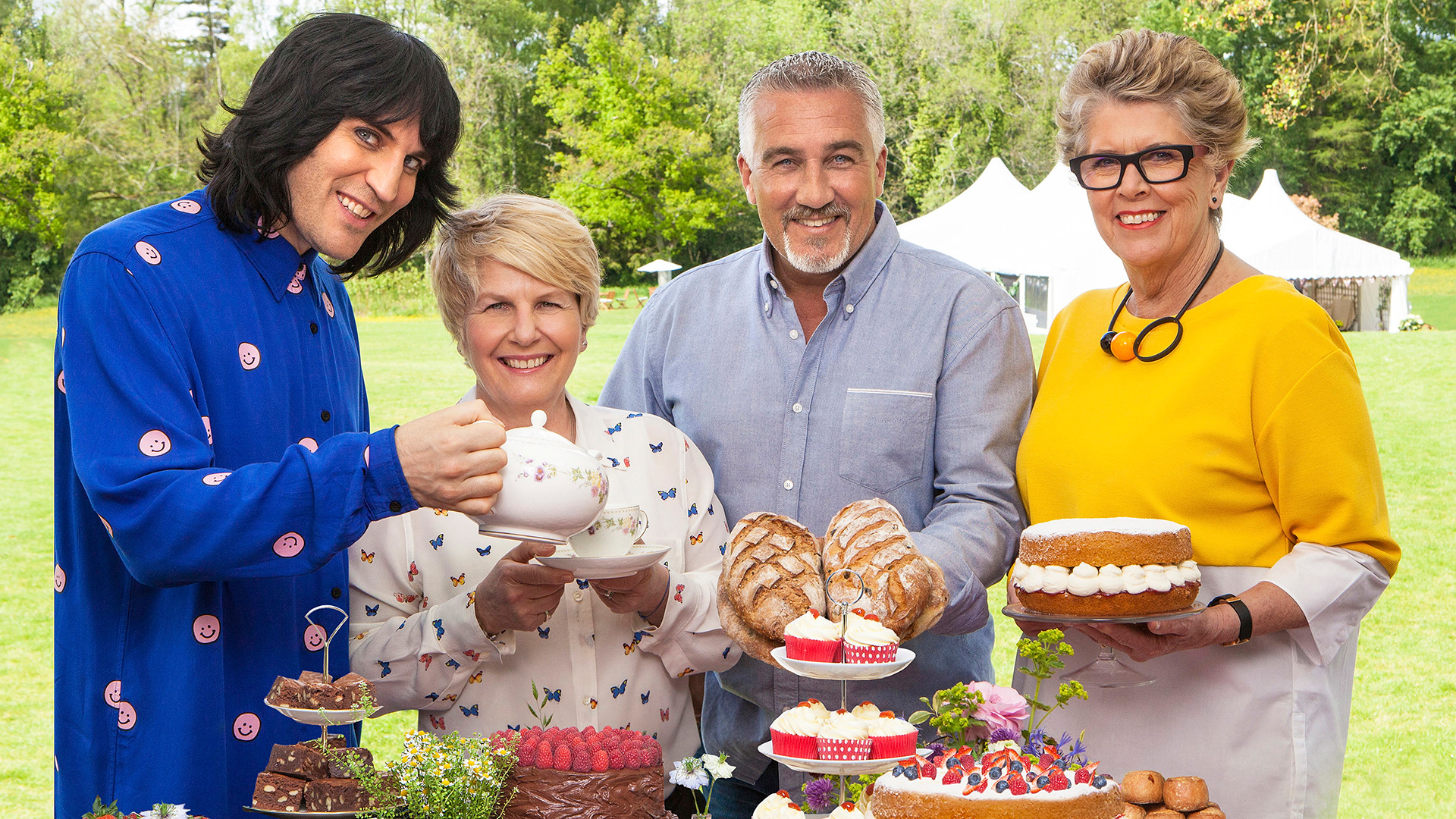
Which I think is important. (And not only because I truly believe in and support the dynasty that is Bake Off.) TV as a survival tool has become a bankable coping mechanism, providing a space in which we can sit, watch, and remind ourselves that people are good, not everything is on fire, and hope is a thing we can still hold on to.
Queer Eye does the same. When I watch it (like any/all of you), I — via the generous work of the Fab Five — lower my guard enough to follow each hero through their peaks, valleys, and emotional reckonings. I cry when the cast cries, celebrate when a subject’s friends and family does, and end each episode convinced that okay, whew: we may be in a social and political vice and our brains and hearts may hurt to the point of wanting to burst, but there is still good. Good things still happen. Good people still exist. It isn’t the end of the line, even if we only get a handful of episodes about a handful of people who choose to be better. It’s enough to keep the porch light on a little longer.
Which is what a decent comfort watch does, even if those shows aren’t steeped in the same “Life isn’t terrible and neither are all people” messages. While Queer Eye and Bake Off (my favourites) may deal in reminding viewers that there is hope for us all, series like RuPaul’s Drag Race, Vanderpump Rules, Real Housewives, and The Bachelor offer comfort in a buffet of other ways. Some provide comic relief. Others offer a escapist glimpse into a made-up world in which the pavement is always wet and roses are a currency. And then there’s RuPaul’s Drag Race, which is an exercise in art, humour, self-expression, culture, education, and acceptance. (Sometimes I watch Sasha Velour lipsyncing in the finale just to feel inspired to, I don’t know . . . fucking try? Just try for once in my life?) Comfort is abstract, and it looks different to each of us. It also doesn’t make something less valuable or important or smart or interesting. It’s merely the vessel through which we stay afloat.
And right now, we need to stay afloat desperately. So those few hours every week — or night — are essential in keeping us alive. So whether it’s Bake Off for the millionth time (I can recite almost every episode by heart, but holy, I will never feel as at-peace as I do watching British people make pie) or Real Housewives or, I don’t know, the first two seasons of Grey’s Anatomy, own the shit out of your comfort watch and dive in and hold it close. You need to recharge any way you can, and there are many worse ways than sobbing to Queer Eye, reminded for a fleeting moment that good things can and still do and will happen, especially at the kindness and generosity of relative strangers.

